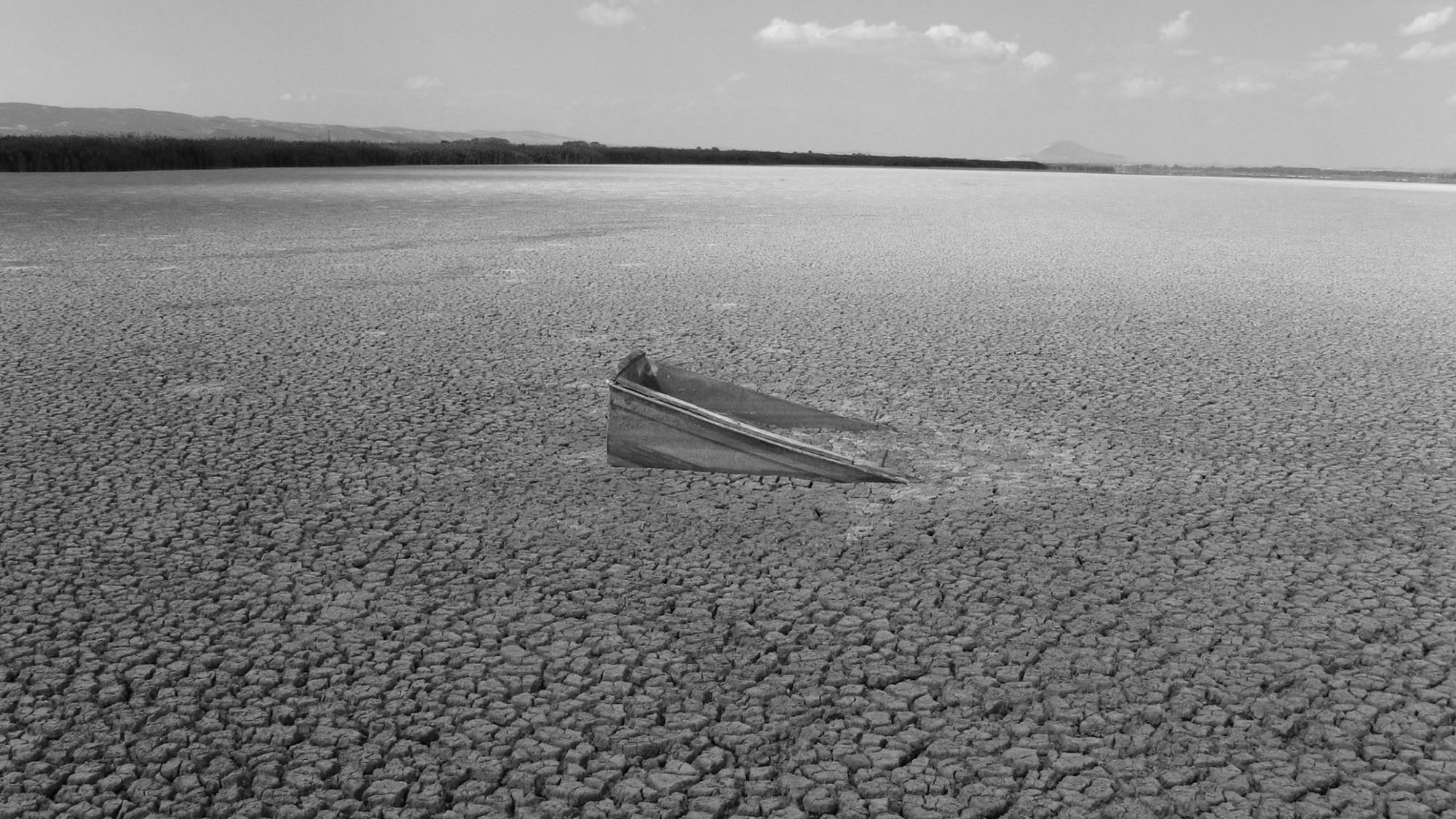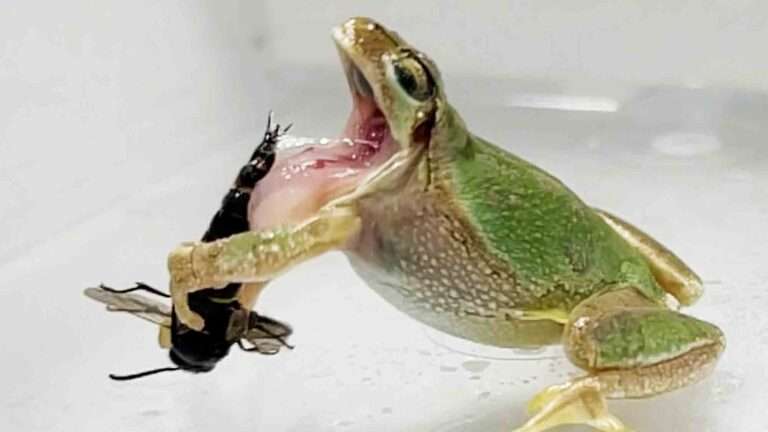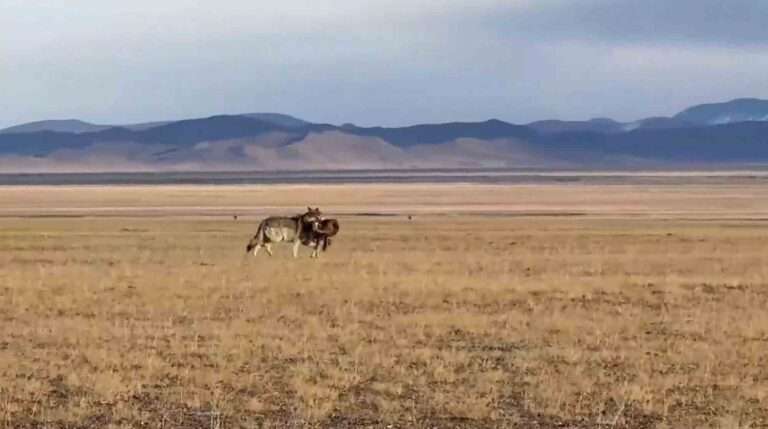An international study has shown that humans will lead to higher extinction rates in comparison to the asteroid that killed the dinosaurs and wiped out three quarters of the Earth’s species.
A study consisting of an international team of evolutionary scientists has compared the direct and indirect consequences of humans with the last global extinction over 66 million years ago, which was caused by an asteroid that killed the dinosaurs and eradicated about 76 per cent of the planet’s species.
The aim of the team, consisting of biologists, palaeontologists, geologists and modellers was to investigate the speed of extinction and predict recovery times, for which they used freshwater biota.
The scientists, from the Natural History Museum in the city of Vienna in Austria and the Justus Liebig University in the German town of Giessen, gathered a large dataset containing 3,387 fossil and living snail species that inhabited Europe over the past 200 million years.
According to their research, while the extinction rate which occurred 66 million years ago was considerably higher for the snail species, it was drastically overshadowed by the predicted future extinction rate of the current mass extinction event.
In addition, the average predicted rate is three orders of magnitude higher than during the time when the dinosaurs were eradicated.
The scientists reported that they find habitat destruction, climate change and pollution to be among the main causes for Earth’s biota to be declining rapidly and predicted that by the current extinction rates, they expect a third of the living freshwater species to vanish by 2120.
Lead author of the study Dr Thomas A. Neubauer told Newsflash: “The speed at which we lose species today is unprecedented and has not even been reached during major extinction crises in the past.”
Mathias Harzhauser from the Natural History Museum in Vienna added: “From a geological point of view, we think in ridiculously short time spans, but our actions will impact life on Earth for millions of years – even if mankind will already have disappeared.”
The scientists reported that ecosystems took five million years to recover after the asteroid impact whilst a balance between speciation and extinction was not reached for an incredible 12 million years.
To find out more about the author, editor or agency that supplied this story – please click below.
Story By: Georgina Jadikovska, Sub-Editor: Joseph Golder, Agency: Newsflash
The Ananova page is created by and dedicated to professional, independent freelance journalists. It is a place for us to showcase our work. When our news is sold to our media partners, we will include the link here.




